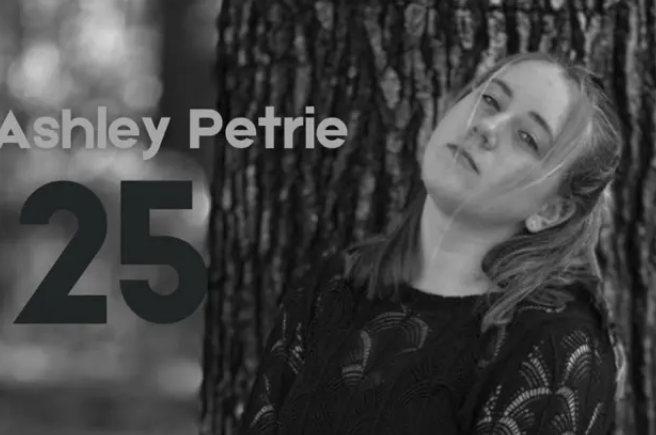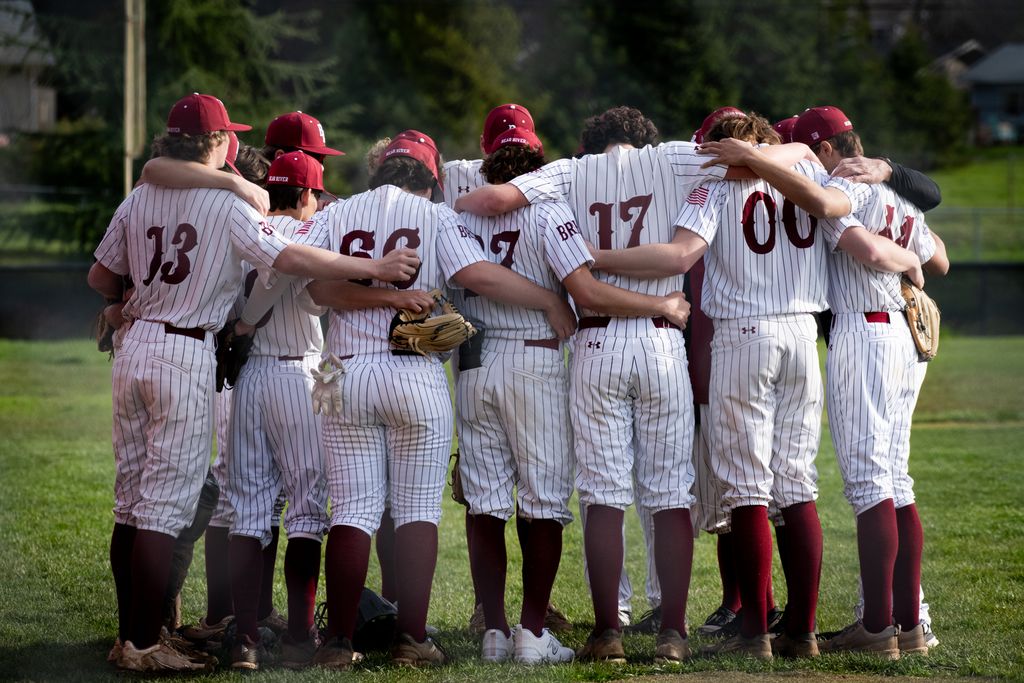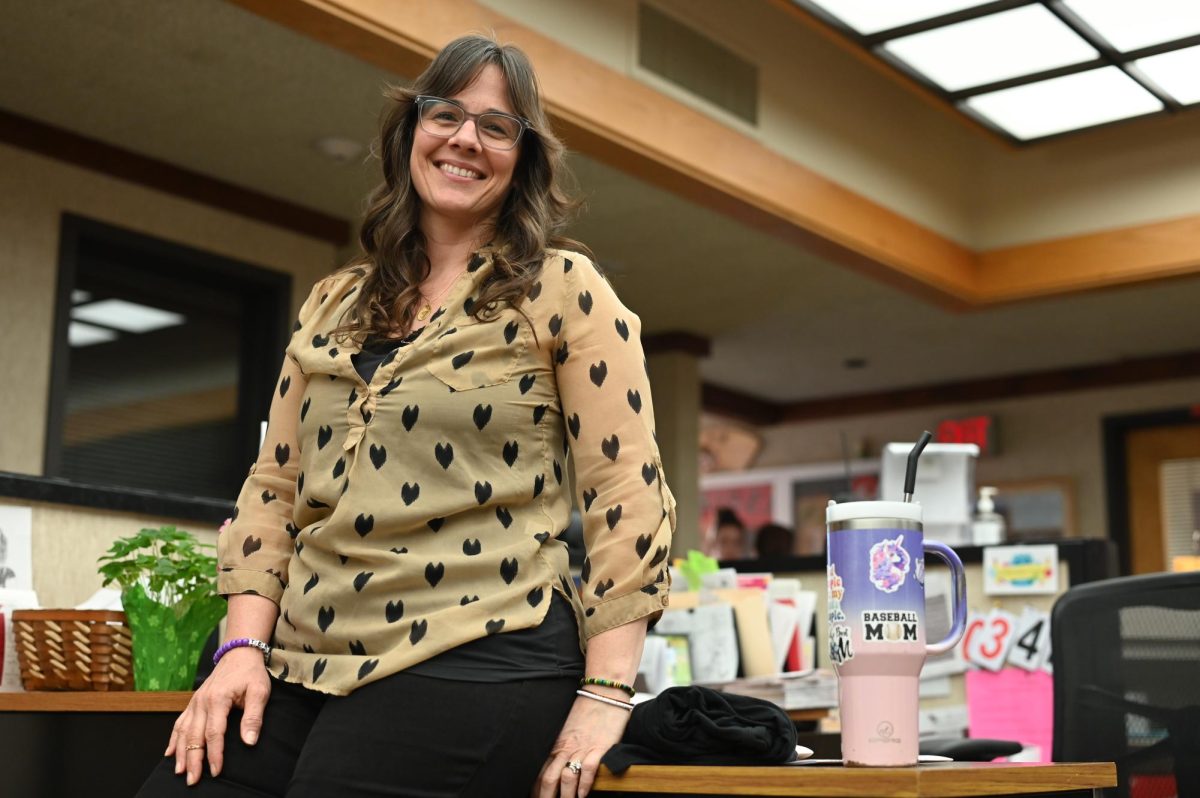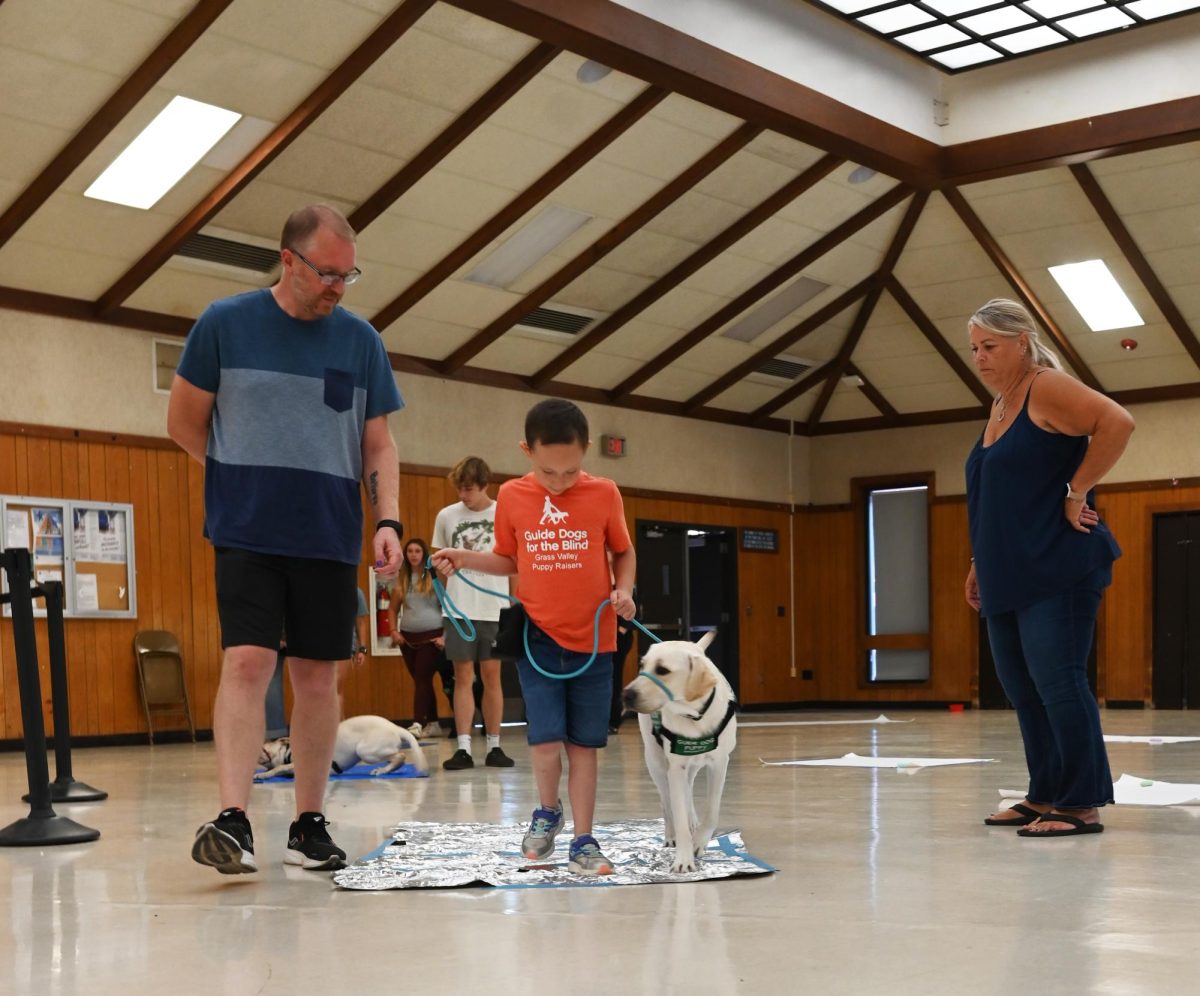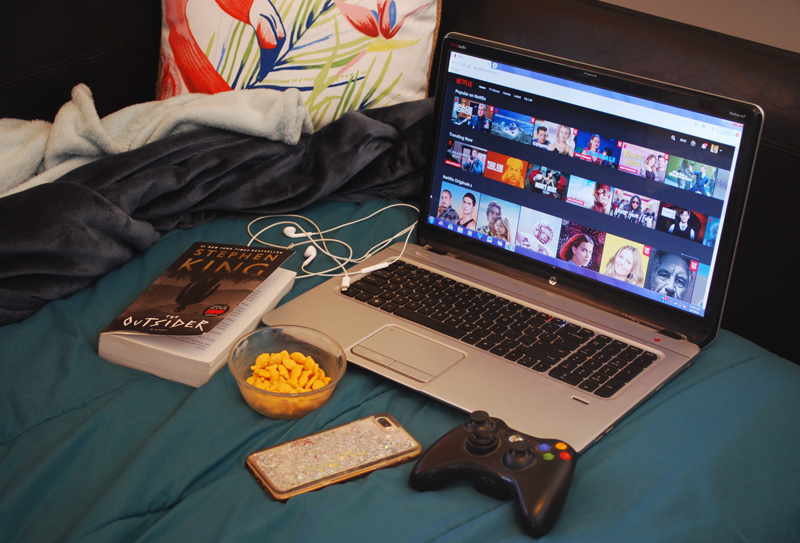Ever since the initiation of distance learning and the stay at home orders due to COVID-19, students have been mostly stuck at home, not able to go anywhere without parental permission. If they are able to exit their homes, they have to be careful not to get sick, and have most entertainment options outside their house be closed. This can lead to severe feelings of loneliness, worry, fear, and annoyance at how the government is handling the situation. The stresses of quarantine and the pandemic leaves many Bruins to grapple with their mental health, an ever increasingly important subject for students.
Sophomore Jordan McAlister shared her mostly neutral thoughts on the matter of her emotions.
“Not much has changed,” she said. “[I] still get anxious, still get sad, still get angry. My emotions haven’t changed too much over this time period and neither has my mental state. Everything is as it was before the school shut down and quarantine was in place.”
Senior Alex Siegenthaler had a more annoyed outlook.
“My mental health is fine, I’m just a bit mad I can’t see people,” he stated.
Senior Colby Greig had a similar, if more intense reaction.
“It’s not what it used to be,” he said. “I am slowly going crazy from boredom.”
Counselor Mary Buhr voiced her concerns for isolated students.
“Most students are very social by nature and I believe the isolation has been hard for them,” she said. “Isolation is horrible for students who already deal with depression. In this quarantine, so much is uncertain and I can only imagine that students who struggle with anxiety are really unnerved by that. Throughout your life, you develop coping skills – some students have better coping skills than others – and now is the time that you really need to put those skills into practice. So I believe students’ mental health is directly related to the strength of their coping skills. And if you don’t have good coping skills, all is not lost – just reach out to your network (parents/family/friends/teachers/COUNSELORS) and ask for help.”
Students are getting slightly annoyed with having to stay at home, their friendships being strained caused by the lack of connection — a major motivating factor in mental health. Friendships can help keep people in good spirits, so this isolation from friends and family alike can be taxing on many students. Thankfully, many students have been holding their friends close during this pandemic.
“Yeah I’ve been talking to my friends everyday, some all day,” Greig stated.
McAlister was in a similar boat.
“Yes I’m still able to keep in contact with my friends via text or FaceTime,” she explained. “Some friends I can’t contact because they have strict parents or don’t have cell phones, but for the most part I can still talk to them.”
Siegenthaler has been a lot more active despite the lock down orders.
“Yes I talk to them over the phone and I’ve been going to one’s house a few times lately,” he said. “and I will be getting the same job as him soon.”
For the time being, not everyone is in uproar about the government’s mandated lock down. Some students may even prefer the lockdown than going to actual school.
Greig voiced his thoughts about returning to school.
“I would like to go back to see my friends and this was supposed to be the easiest part of the year, plus we are missing so many fun things,” he said.
McAlister disagreed with this notion.
“No, I wouldn’t want to go back to school,” she said. “I find this method much easier because classroom settings are very stressful for me. I have bad anxiety when it comes to asking questions or for help and when taking tests. I am much more focused and engaged when going at my own pace with school work.”
Siegenthaler also wanted to go back to school.
“I only want to go back to see friends,” he said. “And maybe make videos normally in video class.”
The quarantine and distance learning has brought plenty of change to most students’ school year, and more and more students are wanting the quarantine to end.
Mrs. Buhr shared some inspiring and comforting advice for any Bruins finding difficulty dealing with the situation.
“I find some comfort in the fact that everyone in the whole world is dealing with this pandemic,” she said. “I am not alone – you are not alone. We are truly all in this together. And if you’re struggling, there is no need to struggle alone. Speaking for your counselors, we want to hear from you – whether it is good news or not-so-good news, positive or negative. Keep in touch!”



